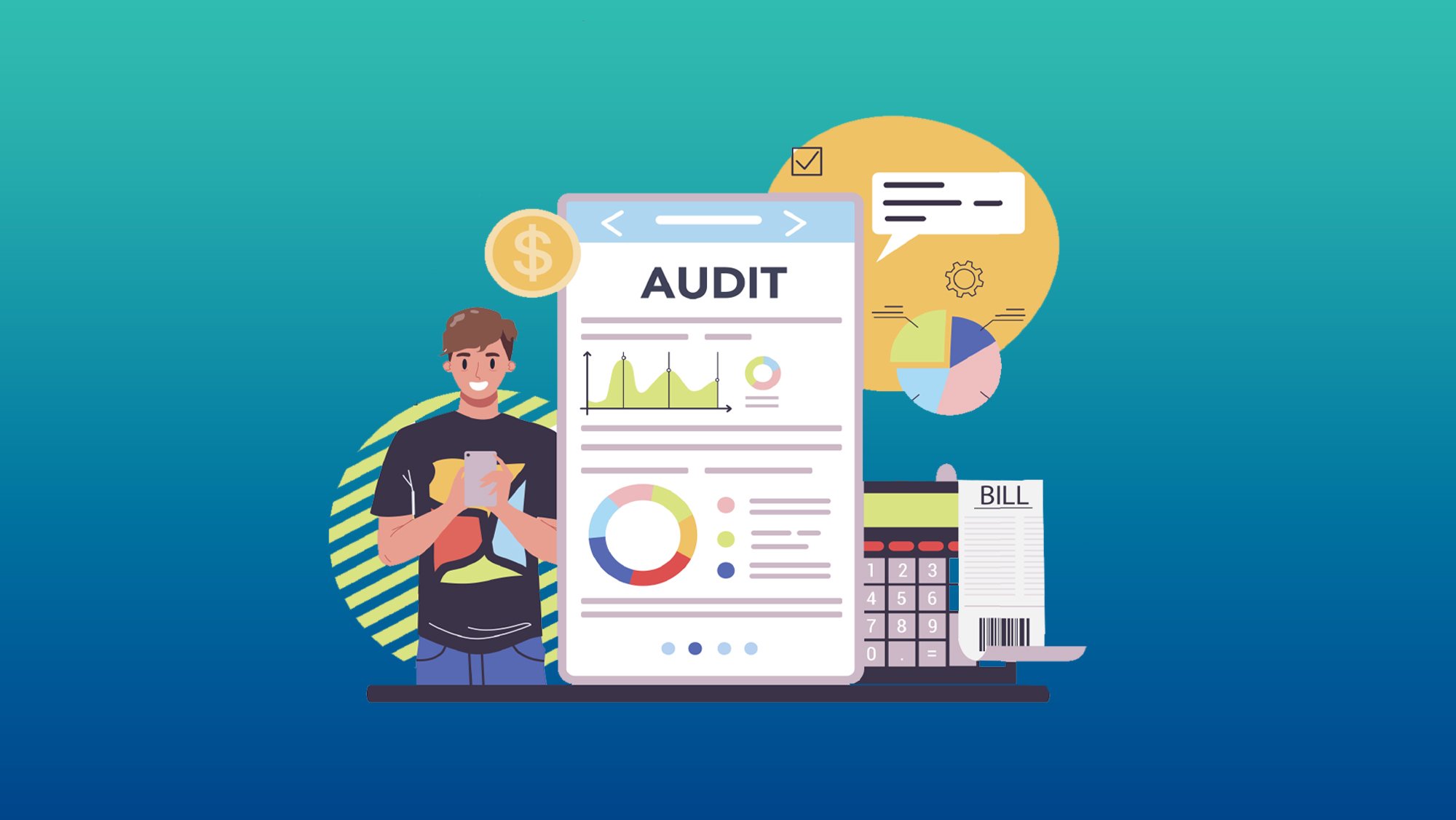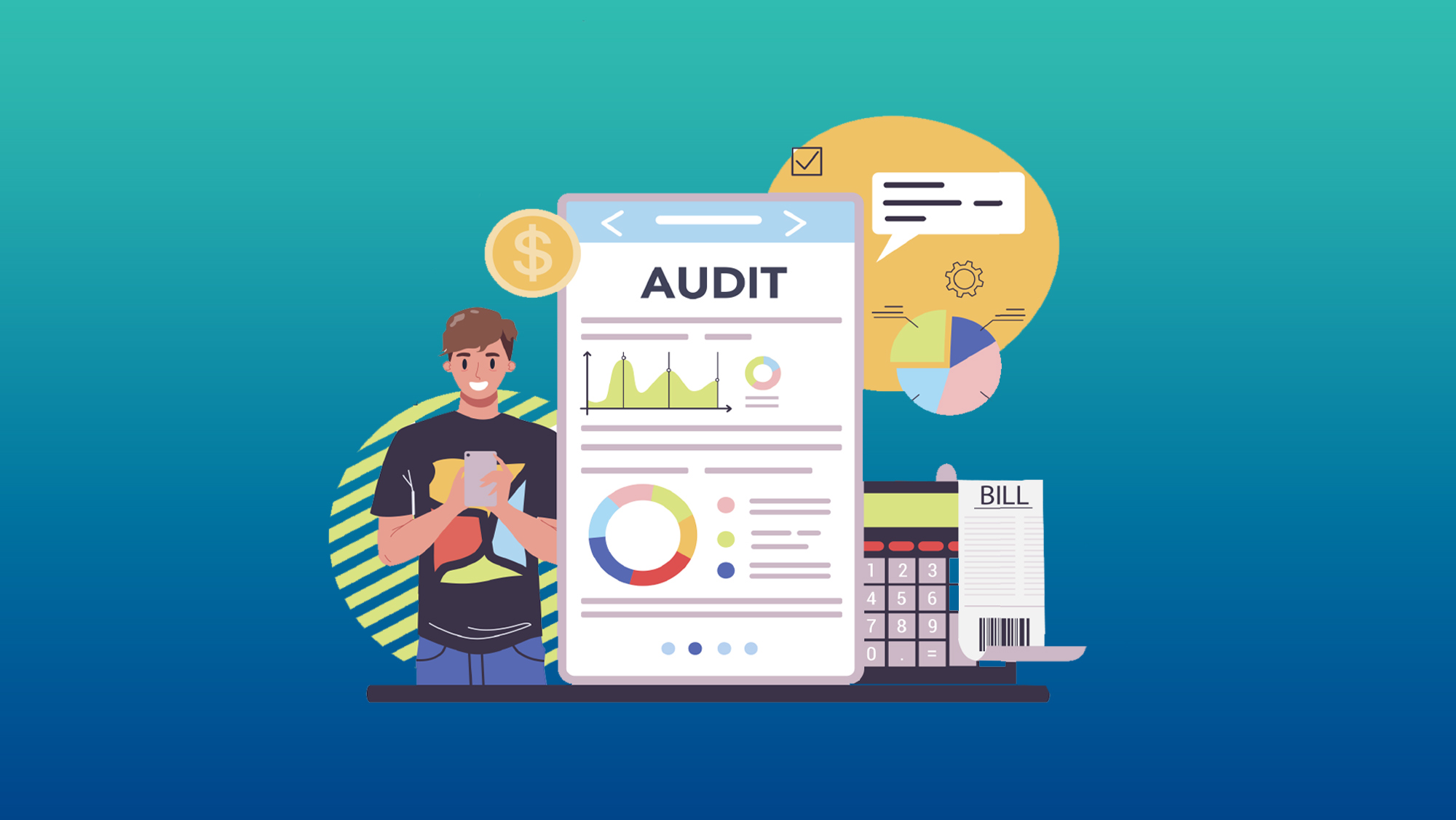What are the Benefits of Contract Auditing Training?
- Enhanced Auditing Skills: Contract auditing training equips individuals with the knowledge and skills necessary to perform effective and comprehensive contract audits. Participants learn auditing techniques, methodologies, and best practices specific to contract auditing, enabling them to conduct thorough assessments and identify potential risks and non-compliance.
- Improved Contract Compliance: With contract auditing training, professionals gain a deeper understanding of contractual terms, conditions, and obligations. They learn how to assess compliance and identify any deviations or discrepancies. By conducting regular contract audits, organizations can ensure adherence to contractual requirements, mitigate risks, and maintain compliance with regulations and standards.
- Risk Mitigation: Contract auditing training helps professionals identify and assess potential risks associated with contracts. They learn how to analyze financial data, performance metrics, and other relevant information to identify potential areas of risk. By proactively addressing risks through contract audits, organizations can mitigate financial, operational, and legal risks, ensuring better contract outcomes.
- Fraud Prevention: Contract auditing training equips professionals with the skills to detect and prevent fraud within contracts. They learn how to identify irregularities, anomalies, and fraudulent activities through thorough auditing processes. By implementing robust contract auditing practices, organizations can detect and deter fraudulent activities, protecting their financial resources and reputation.
- Optimal Contract Performance: Contract auditing training enables professionals to evaluate and optimize contract performance. They learn how to assess deliverables, monitor performance metrics, and identify opportunities for improvement. By conducting regular contract audits, organizations can identify areas of under performance, address issues, and take corrective actions to optimize contract outcomes.
- Increased Efficiency and Cost Savings: Effective contract auditing leads to improved efficiency and cost savings. By identifying non-compliance, inefficiencies, and opportunities for optimization, organizations can reduce waste, eliminate unnecessary expenses, and renegotiate contracts for better terms. Contract auditing training equips professionals with the knowledge and skills to conduct audits that drive cost-effectiveness and improved performance.
Who is Contract Auditing Training for?
Contract auditing training is beneficial for professionals involved in contract management, procurement, and auditing roles. It is particularly relevant for contract managers, procurement officers, auditors, compliance officers, legal professionals, and finance personnel. Additionally, individuals responsible for contract performance evaluation and risk assessment can also benefit from contract auditing training. Whether working in the public or private sector, training equips professionals with the skills and knowledge needed to effectively conduct contract audits, ensure compliance, mitigate risks, and optimize contract performance.
Contract Auditing Training Options
- In-person Training Workshops: Many training providers offer in-person workshops and seminars focused specifically on contract auditing. These workshops typically provide hands-on training, interactive sessions, and opportunities for networking and collaboration with industry professionals.
- Online Training Courses: Online training courses offer the flexibility to learn at your own pace and from any location. These courses typically include video lectures, quizzes, and assignments to assess your understanding of the material. Online courses often provide access to a community forum or instructor support for additional guidance.
- Virtual Classroom Training: Virtual classroom training provides an interactive learning experience with live instructors through online platforms. Participants can engage in real-time discussions, ask questions, and collaborate with peers. Virtual classroom training offers the benefits of in-person training without the need for physical attendance.
- On-Demand Training: On-demand training allows you to access pre-recorded video lectures and course materials at your convenience. This option is suitable for individuals who prefer self-paced learning and flexibility in scheduling their training.
- In-House or Customized Training: Organizations may opt for in-house training or customized training programs tailored to their specific contract auditing needs. This approach ensures training content aligns with their internal processes, policies, and industry requirements.
- Professional Certifications: Professional certifications in contract auditing, such as Certified Contract Auditor (CCA) or Certified Professional Contract Manager (CPCM), are offered by industry associations and organizations. These certifications validate your expertise in contract auditing and can enhance your professional credibility.
Contract Auditing Career Opportunities
- Contract Auditor: Contract auditors specialize in conducting audits of contractual agreements to ensure compliance, identify risks, and optimize contract performance. They review contract documentation, financial records, and performance metrics to assess contractual obligations and adherence.
- Contract Manager: Contract managers oversee the entire lifecycle of contracts, including drafting, negotiation, implementation, and auditing. They work closely with stakeholders to ensure contract compliance, manage risks, and drive contract performance improvements.
- Compliance Officer: Compliance officers play a critical role in ensuring adherence to regulatory requirements and internal policies. They conduct contract audits to identify compliance gaps, develop corrective action plans, and implement controls to mitigate risks.
- Procurement Specialist: Procurement specialists focus on the acquisition of goods and services, including managing contracts with vendors and suppliers. They conduct contract audits to verify pricing, delivery terms, quality standards, and compliance with contractual obligations.
- Risk Manager: Risk managers assess and mitigate risks across an organization, including contractual risks. They conduct contract audits to identify potential risks, evaluate risk exposure, and develop risk mitigation strategies to protect the organization's interests.
- Internal Auditor: Internal auditors evaluate the effectiveness of an organization's internal controls and processes, including contract management and compliance. They perform contract audits to assess internal control frameworks, identify control weaknesses, and make recommendations for improvement.
- Consulting Roles: Contract auditing consultants provide expertise and guidance to organizations in conducting contract audits, improving contract management processes, and enhancing compliance. They work with clients across various industries to optimize contract performance and mitigate risks.
- Legal and Compliance Advisor: Legal and compliance advisors offer legal expertise and guidance on contract-related matters. They conduct contract audits to ensure compliance with legal and regulatory requirements, identify legal risks, and provide recommendations for legal and compliance improvements.
Conclusion:
Contract auditing plays a vital role in ensuring compliance, mitigating risks, and optimizing contract performance. By conducting thorough audits, organizations can identify and address non-compliance issues, detect fraud, and optimize contractual relationships. Contract auditors and professionals skilled in contract auditing are in high demand across various industries. Their expertise contributes to effective contract management, improved transparency, and enhanced financial and operational controls. Embracing contract auditing practices leads to stronger contractual outcomes, minimized risks, and increased confidence in the integrity of contractual agreements.







No Comments Yet
Let us know what you think